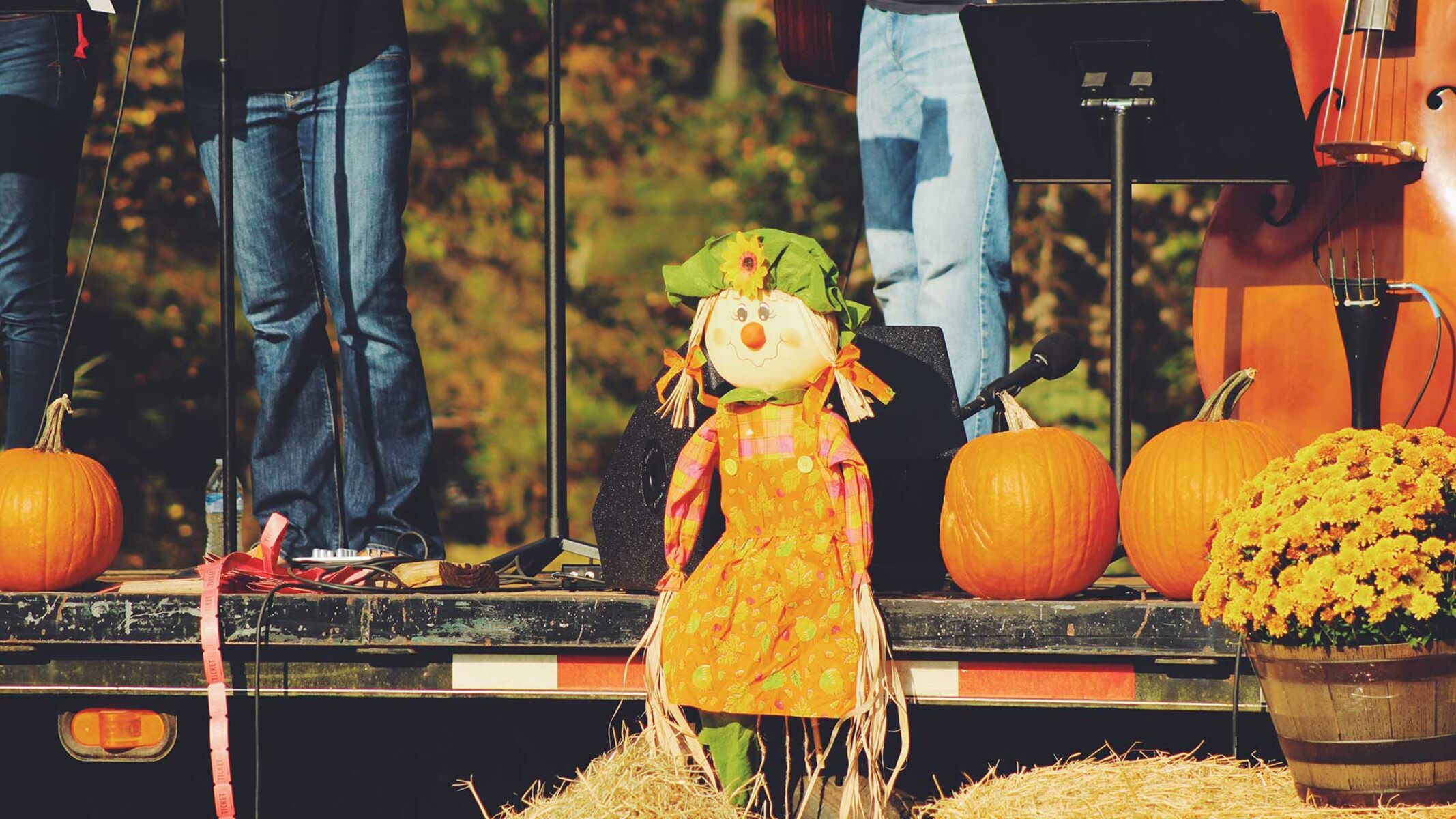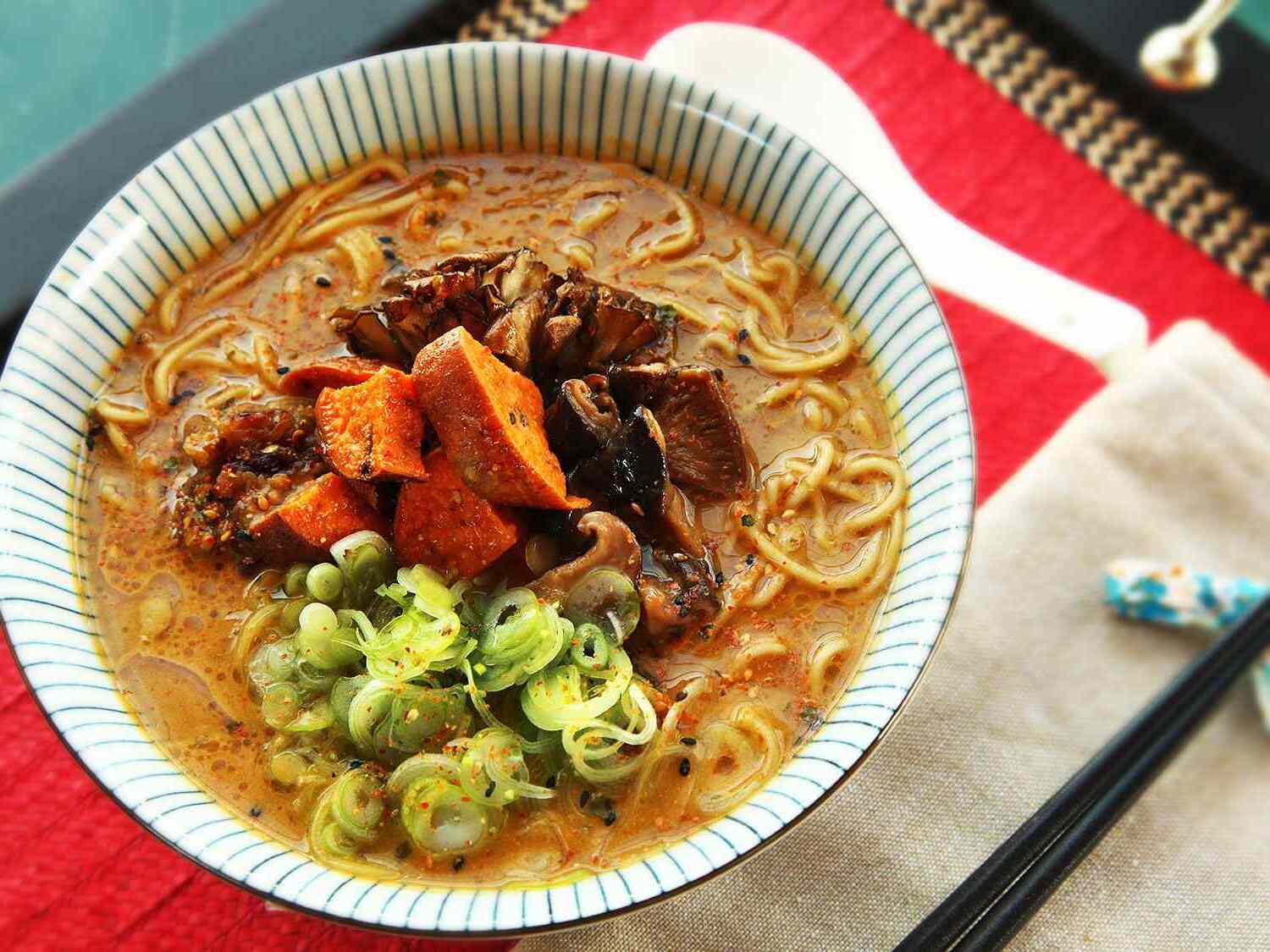
The Harvest Festival is a time-honored tradition that celebrates the bountiful harvest of crops and the abundance of the natural world. It is a joyous occasion that brings communities together to give thanks for the fruits of their labor and to express gratitude for the abundance of food and resources that sustain them throughout the year. This festival is celebrated in various cultures around the world, each with their own unique customs and traditions.
In this article, we will explore 16 fascinating facts about the Harvest Festival, shedding light on its historical significance, cultural practices, and the rich symbolism associated with this cherished annual event. Whether you are familiar with the Harvest Festival or just discovering it for the first time, these intriguing facts will deepen your understanding and appreciation of this vibrant celebration of nature’s abundance.
Key Takeaways:
- The Harvest Festival is a time-honored tradition celebrated around the world, bringing communities together to give thanks for the bountiful harvest and to reflect on the interconnectedness between humans and nature.
- Through music, dance, food, and cultural exchange, the Harvest Festival fosters gratitude, generosity, and environmental awareness, while also supporting local economies and promoting sustainable farming practices.
The Origins of Harvest Festival
The Harvest Festival is an ancient tradition that dates back thousands of years. It has roots in agrarian societies where the success of the harvest was crucial for survival. It was a time for communities to come together and give thanks for the bountiful crops that sustained them throughout the year.
Harvest Festivals Around the World
The Harvest Festival is celebrated in various forms across different cultures and countries. In the United States, it is commonly associated with Thanksgiving, while in the United Kingdom, it is known as the Harvest Festival. Other countries, such as Canada, China, and India, also have their own unique ways of celebrating this important event.
The Symbolism of Harvest Festival
The Harvest Festival is rich in symbolism, representing abundance, gratitude, and the cycle of life. It serves as a reminder of the interconnectedness between humans and nature, highlighting the importance of respecting and nurturing the Earth.
Harvest Festival Traditions
During the Harvest Festival, communities engage in various traditional activities. These can include parades, feasts, music and dance performances, fairs, and competitions. It is a time to showcase agricultural products, create art installations, and enjoy the company of loved ones.
Harvest Festival Food
Food plays a central role in Harvest Festivals. It is a time to indulge in seasonal fruits, vegetables, and traditional harvest dishes. Many communities donate a portion of their harvest to those in need, emphasizing the importance of sharing and giving back.
Harvest Festival Decorations
Decorations for Harvest Festivals often feature vibrant colors and natural elements. The use of pumpkins, gourds, corn stalks, and wheat sheaves creates a warm and inviting atmosphere. Additionally, floral arrangements and handmade crafts are commonly used to adorn homes and community spaces.
The Harvest Moon
One of the most enchanting aspects of the Harvest Festival is the presence of the Harvest Moon. This is the full moon that occurs closest to the autumnal equinox. Its bright glow and longer duration of illumination provide a magical backdrop for nighttime festivities.
Harvest Festival Songs and Dances
Music and dance are integral parts of Harvest Festival celebrations. Traditional songs and dances often reflect the joy and gratitude associated with the harvesting season. Communities come together to perform these rituals, strengthening bonds and preserving cultural heritage.
Harvest Festival in Mythology and Folklore
Harvest Festivals have deep roots in mythology and folklore. Many ancient cultures had deities associated with the harvest, such as Demeter in Greek mythology and Ceres in Roman mythology. These stories and legends added a mystical element to the agricultural rituals.
Harvest Festival as a Time of Reflection
Aside from the festivities, the Harvest Festival also provides individuals with a chance to reflect on the cycles of life and the passage of time. It serves as a reminder to appreciate the abundance in one’s life and to express gratitude for the blessings received.
Harvest Festival as a Cultural Exchange
In multicultural societies, Harvest Festivals offer an opportunity to learn about and appreciate different cultures. People from diverse backgrounds come together to share their traditions, stories, and culinary delights, fostering tolerance and understanding.
Harvest Festival Crafts and Artwork
Crafting and artwork are integral aspects of Harvest Festivals. From creating corn husk dolls to painting seasonal landscapes, these activities provide a creative outlet and allow individuals to showcase their talents and creativity.
Harvest Festival in Modern Times
While the Harvest Festival has ancient origins, it continues to thrive in modern times. Communities adapt and incorporate new elements, such as sustainable farming practices and eco-friendly initiatives, to ensure that this tradition remains relevant and meaningful.
Economic Significance of Harvest Festival
The Harvest Festival not only holds cultural and symbolic importance but also has economic significance. It brings communities and businesses together, promoting local agriculture and providing economic support to farmers and producers.
Harvest Festival as a Time for Generosity
The Harvest Festival encourages people to be generous and give back to their communities. Donations of food, clothing, and money are often collected during this time to support those in need, highlighting the spirit of compassion and kindness.
Harvest Festival and Environmental Awareness
The celebrations surrounding the Harvest Festival raise awareness about the importance of sustainable farming practices and environmental conservation. It serves as a reminder to protect our natural resources and live in harmony with nature.
As we explore the 16 facts about Harvest Festival, it becomes evident that this age-old tradition holds deep cultural, spiritual, and social significance. It brings communities together, encourages gratitude and generosity, and celebrates the abundance of nature’s blessings. So, let us embrace the spirit of the Harvest Festival and appreciate the rich tapestry of customs and traditions that make this event a truly cherished occasion.
Conclusion
In conclusion, the Harvest Festival is a time-honored tradition celebrated in many parts of the world. It is a joyous occasion that brings communities together to give thanks for a bountiful harvest and to celebrate the abundance of nature. From cultural festivities to religious ceremonies, the Harvest Festival provides an opportunity for people to connect with their roots, express gratitude, and indulge in delicious food and vibrant entertainment.Whether you’re attending a local Harvest Festival or hosting your own gathering, this celebration is a beautiful reminder of the importance of nature’s gifts and the unity of humanity. So, gather your loved ones, embrace the spirit of gratitude, and enjoy the festivities of the Harvest Festival!
FAQs
1. What is the Harvest Festival?
The Harvest Festival is a traditional celebration that marks the end of the harvest season and the beginning of autumn. It is a time to give thanks for a successful harvest and to celebrate the abundance of crops.
2. When is the Harvest Festival celebrated?
The Harvest Festival is celebrated at different times of the year in various cultures and regions. In many Western countries, it is observed during the months of September or October.
3. How is the Harvest Festival celebrated?
The celebration of the Harvest Festival varies from place to place. It often involves activities such as feasting on seasonal foods, decorating with autumnal colors and symbols, parades, music, dancing, and charity events.
4. What are some common traditions associated with the Harvest Festival?
Common traditions include the creation of cornucopias filled with fruits and vegetables, making scarecrows, baking and sharing fresh bread, and participating in apple bobbing or pumpkin carving.
5. Are there any religious connections to the Harvest Festival?
Yes, the Harvest Festival has religious significance for many faiths, such as Thanksgiving in Christianity and Pongal in Hinduism. These observances involve giving thanks to the divine for the blessings of the harvest.
6. Can anyone participate in the Harvest Festival?
Absolutely! The Harvest Festival is a time for communities to come together and celebrate. Everyone is welcome to partake in the festivities, regardless of age, background, or beliefs.
7. Are there different names for the Harvest Festival?
Yes, the Harvest Festival is known by different names in different cultures. Some common names include Thanksgiving, Erntedankfest, Chuseok, and Lammas.
8. Is the Harvest Festival celebrated worldwide?
Yes, variations of the Harvest Festival are celebrated in many countries around the world. Each culture brings its own unique traditions and customs, making the celebration truly global and diverse.
9. Why is the Harvest Festival important?
The Harvest Festival is important because it allows people to express gratitude for the abundance of nature and the hard work of farmers. It also promotes community bonding, cultural preservation, and the importance of sustainable agriculture.
10. How can I celebrate the Harvest Festival?
You can celebrate the Harvest Festival by organizing a gathering with family and friends, hosting a potluck with seasonal dishes, decorating your home with autumn-themed decor, or participating in local community events.
Harvest festivals offer a fascinating glimpse into the rich tapestry of human culture and tradition. From the bustling stalls of Farmer's Market Harvest Festival to the lush vineyards celebrating the Grape Harvest Festival, these events showcase the bounty of the land and the spirit of community. Across the globe, festivals like Thai Pongal Festival honor the hard work of farmers and the blessings of a bountiful harvest, reminding us of the deep connection between people and the earth that sustains them.
Was this page helpful?
Our commitment to delivering trustworthy and engaging content is at the heart of what we do. Each fact on our site is contributed by real users like you, bringing a wealth of diverse insights and information. To ensure the highest standards of accuracy and reliability, our dedicated editors meticulously review each submission. This process guarantees that the facts we share are not only fascinating but also credible. Trust in our commitment to quality and authenticity as you explore and learn with us.


